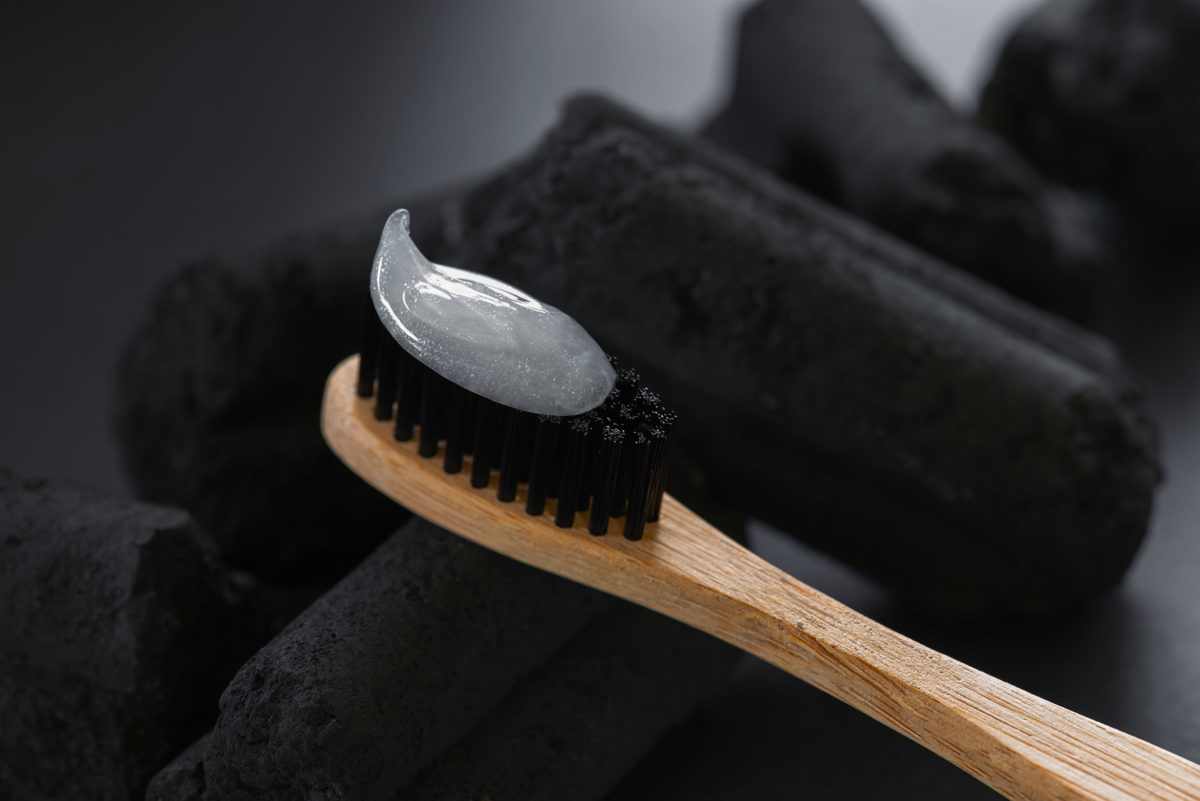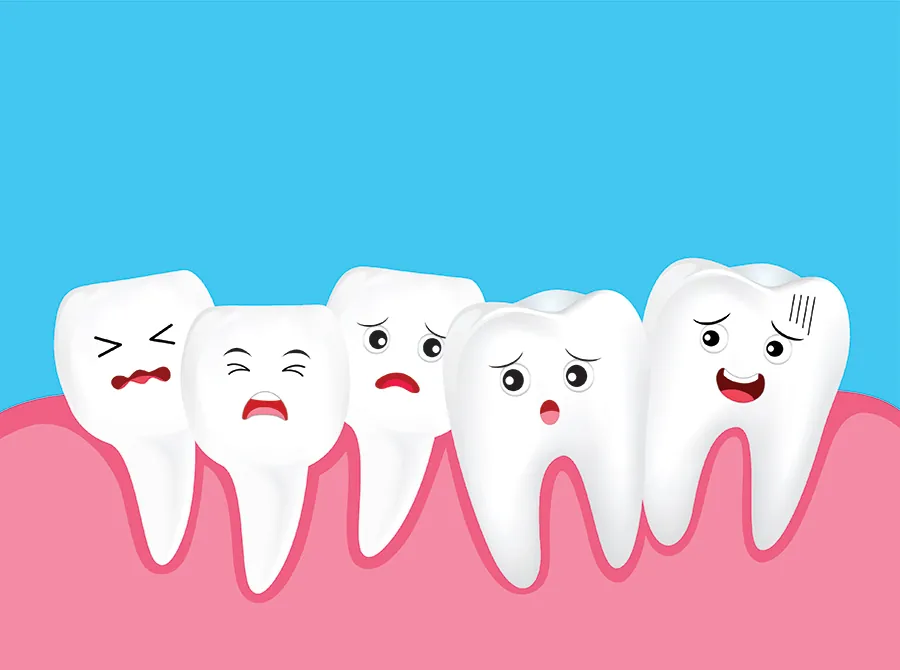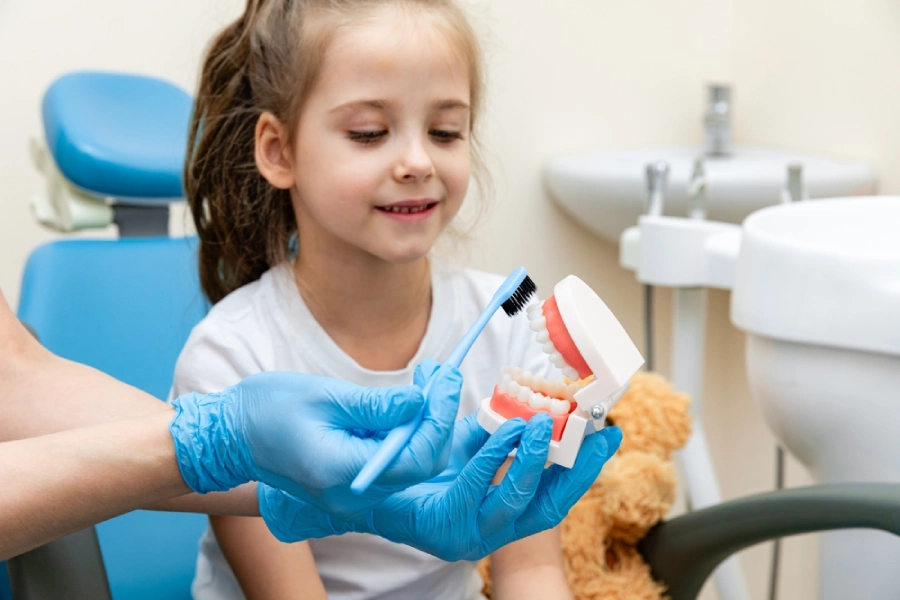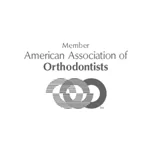
Charcoal toothpaste, also referred to as “black toothpaste,” is a current trend marketed as a way to keep teeth clean and white without using harmful ingredients. It’s very popular among youth and, as such, should be researched before allowing children to use it.
Charcoal is a black solid form of carbon that comes from burning organic material down to its basic form. Charcoal toothpaste is made from activated charcoal, a process by which charcoal is heated with gas. When the charcoal is heated, it opens up the pores, which trap chemicals. Around the world, activated charcoal is the most commonly used poison control treatment since it helps absorb the toxins in the stomach.
Charcoal toothpaste supporters say that the charcoal acts as a magnet, pulling tartar, bacteria and stains from your teeth. So, does charcoal toothpaste work, and is it safe for everyday use? Some say that using charcoal as a toothpaste could be dangerous to your teeth. Here’s what parents need to know.
Does Charcoal Toothpaste Work to Clean Teeth?
Fans of charcoal toothpaste claim it whitens teeth and freshens breath better than your regular toothpaste brands. Charcoal can lift away plaque and food particles that lead to bad breath. However, the effect won’t be much more dramatic than what you’d get with any other toothpaste.
An unexpected benefit of charcoal toothpaste is that it may cause people to brush their teeth for longer in an attempt to remove the black color from their teeth and mouth. In addition, using activated charcoal as toothpaste tends to be inexpensive. For those who struggle with chronic halitosis (bad breath), charcoal is said to lessen the toxins in the mouth.
Is Charcoal Toothpaste Safe?
New studies are questioning whether charcoal is actually doing more harm than good when it comes to your teeth. A 2017 study in The Journal of the American Dental Association (JADA) warns that Dental clinicians should advise their patients to be cautious when using charcoal and charcoal-based dentifrices with unproven claims of efficacy and safety.
Here’s what we do know about charcoal toothpaste:
- Charcoal toothpaste is abrasive and should not be used daily. Using charcoal toothpaste can wear down your teeth’s enamel, which may make your teeth look more yellow.
- Charcoal toothpaste may cause staining on teeth.
- Everyday use of charcoal toothpaste could cause tooth sensitivity.
- Charcoal’s effect on dental restorations is not known.
- Most charcoal toothpaste brands do not contain fluoride, an ingredient that protects teeth against cavities and decay.
The American Dental Association has not found any evidence that charcoal toothpaste is safe or effective, but research shows it may actually harm the teeth and gums.
Modern toothpaste and toothbrushes are designed to clean the surface of the teeth gently. Using something abrasive like charcoal can scrape your teeth and remove enamel permanently. Another concern is that charcoal may accumulate in cracks and gaps between teeth and form stains around dental work.
Then there is the concern about tooth decay. A review in the British Dental Journal from early 2019 found that charcoal provides little protection against tooth decay. In fact, the study found that adding powdered charcoal to toothpaste can actually worsen the state of fillings and get caught in the gums and irritate them.
Does Charcoal Whiten Teeth?
Charcoal toothpaste is advertised as a whitening agent that helps remove particles from teeth, but this isn’t exactly true. In most cases, teeth are discolored because of intrinsic stains that will not be removed by charcoal drawing them out of the teeth.
Deeper, intrinsic stains are dark coloring that comes from within the tooth, sometimes as a result of trauma, weak enamel, some medications and overuse of fluoride. These types of stains can only be lightened by bleaching treatments that penetrate below the outer surface of teeth.
Surface stains are created by the things we ingest in our mouths, like coffee, red wine, tobacco and dark-colored foods and drinks. They live on the enamel layer and can be removed with toothpaste or surface whitening treatments. But, generally speaking, charcoal toothpaste isn’t in contact with the tooth long enough to have a meaningful effect.
A 2021 study published in Clin Oral Invest examined the whitening effects of charcoal toothpaste compared to regular fluoride toothpaste and found no difference in whitening. It concluded that in the short term, it might look like your teeth are brighter after using charcoal toothpaste because stains and plaque have been rubbed away. However, in the long term, charcoal toothpaste simply wears tooth enamel down, which can never be regrown.
For more information about charcoal toothpaste or to schedule a teeth cleaning appointment, don’t hesitate to contact the dental hygiene experts at The Super Dentists. The Super Dentists’ very own oral hygiene expert, Dr. Kami Hoss, has authored a book titled, If Your Mouth Could Talk.









